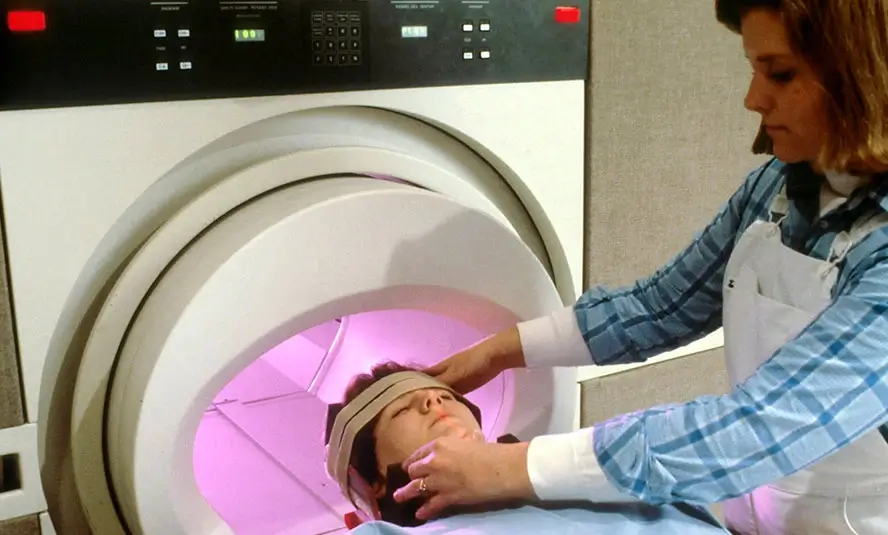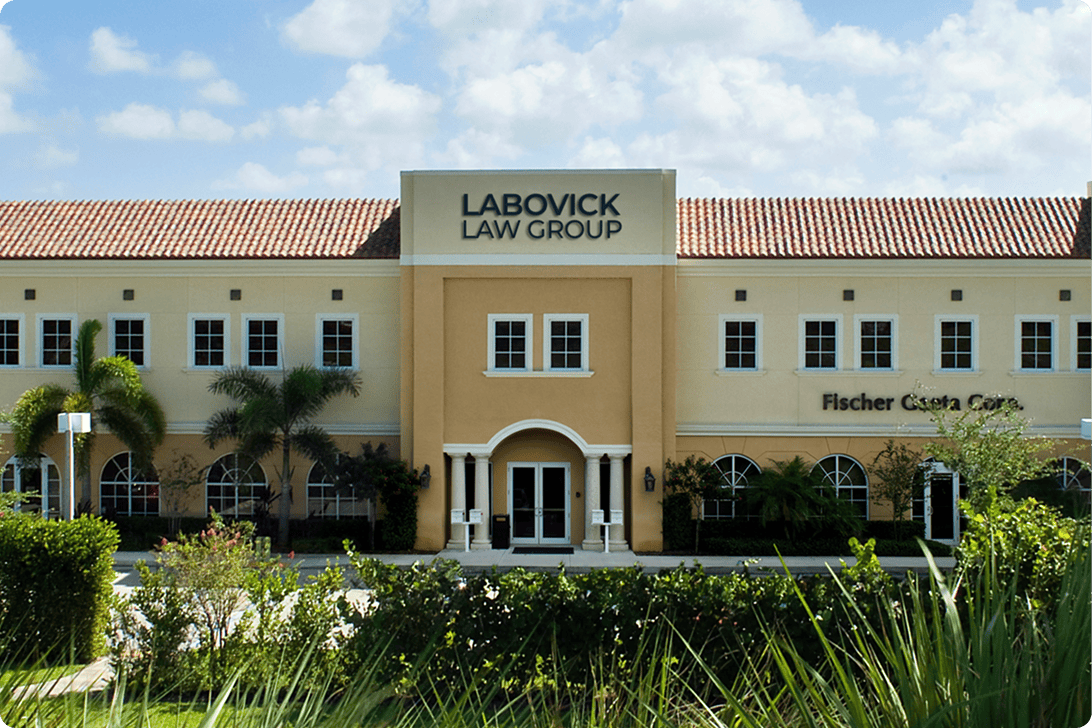Types of Brain Injuries
Brain injuries can occur in various forms, each with its own characteristics and potential consequences. Understanding the different types of brain injuries can help you navigate the legal process more effectively.
Traumatic Brain Injuries (TBI)
Traumatic Brain Injuries (TBI) result from a sudden blow or jolt to the head, leading to damage to the brain. Here are some common subcategories of TBI:
- Closed Head Injuries: Closed head injuries occur when there is no penetration of the skull, but the impact still causes brain damage. This can happen due to a severe blow to the head, such as during a car accident or a fall.
- Concussions: Concussions are a type of TBI characterized by a temporary loss of normal brain function. They often occur due to head trauma in sports activities, falls, or accidents. It’s important to recognize the signs of a concussion and seek medical attention promptly.
- Penetrating Injuries: Penetrating injuries occur when an object enters the skull and damages the brain. These injuries can result from gunshot wounds, sharp objects, or other accidents involving foreign objects penetrating the head.
Acquired Brain Injuries (ABI)
Acquired Brain Injuries (ABI) are non-traumatic injuries that occur after birth, often resulting from oxygen deprivation or other medical conditions. Some examples of ABI include:
- Anoxic Brain Injuries: Anoxic brain injuries occur when the brain is deprived of oxygen. This can happen due to drowning, suffocation, or other situations where oxygen supply to the brain is interrupted. Anoxic brain injuries can lead to severe complications and long-term cognitive impairments.
- Hypoxic Brain Injuries: Hypoxic brain injuries involve a partial deprivation of oxygen to the brain. These injuries can occur due to medical negligence, such as errors during surgery or complications during childbirth. Hypoxic brain injuries can have significant impacts on a person’s cognitive and physical abilities.
- Stroke-Related Injuries: Strokes can cause brain damage by interrupting the blood supply to certain areas of the brain. When brain cells are deprived of oxygen and nutrients, they can become permanently damaged or die. Brain injury attorneys in Tampa have experience handling cases involving stroke-related injuries and can provide the necessary legal guidance.
Common Causes of Brain Injuries
Brain injuries can occur due to various circumstances, and understanding the common causes is essential in preventing and addressing these incidents. Here are some of the most common causes of brain injuries:
- Car Accidents: Motor vehicle accidents, including car, truck, and motorcycle crashes, are a leading cause of brain injuries. The impact of a collision can result in head trauma, causing severe brain damage.
- Workplace Accidents: In certain industries, such as construction or manufacturing, workplace accidents can lead to traumatic brain injuries. Falls from heights, being struck by objects, or exposure to hazardous materials can all result in brain damage.
- Sports Injuries: High-impact sports like football, soccer, and boxing carry a risk of brain injuries. Concussions and other head traumas can occur due to collisions, falls, or blows to the head during sports activities.
- Medical Malpractice: Medical errors or negligence can sometimes lead to brain injuries. Mistakes during surgeries, anesthesia errors, or failure to diagnose and treat conditions that result in brain damage can be grounds for a medical malpractice claim.
- Slip and Fall Accidents: Slip and fall accidents can occur in various settings, such as wet floors, uneven surfaces, or poorly maintained premises. When someone falls and hits their head, it can result in a brain injury.
The Legal Process for Brain Injury Claims
Navigating the legal process for brain injury claims can be complex and overwhelming, especially when dealing with the physical, emotional, and financial aftermath of a brain injury. Seeking the guidance of a knowledgeable brain injury attorney in Tampa is essential to ensure your rights are protected and you receive the compensation you deserve. Here are the key steps involved in the legal process for brain injury claims:
Initial Consultation with a Brain Injury Attorney in Tampa
Meet with a brain injury attorney in Tampa for an initial consultation to discuss your case in detail. Provide all relevant information, including details of the incident, medical records, and any documentation related to the injury.
Gathering Evidence and Documentation
Your lawyer will work with you to gather evidence to support your claim, including medical records, accident reports, witness statements, and expert opinions if necessary. It’s important to document the impact of the brain injury on your daily life, including any medical treatments, therapies, or rehabilitation programs you have undergone.
Negotiations with Insurance Companies
Your brain injury attorney in Tampa will handle communications and negotiations with the insurance companies involved, advocating for your best interests. They will work to obtain a fair settlement that adequately compensates you for your medical expenses, lost wages, pain and suffering, and other damages.
Filing a Lawsuit, if Necessary
If a fair settlement cannot be reached through negotiations, your attorney may recommend filing a lawsuit. They will guide you through the process of filing the necessary legal documents and represent you in court.
Preparing for Trial
In the event that your case goes to trial, your lawyer will prepare a strong legal strategy, gather additional evidence, and present your case before a judge and jury. They will work tirelessly to establish liability, demonstrate the extent of your injuries, and seek maximum compensation on your behalf.






















